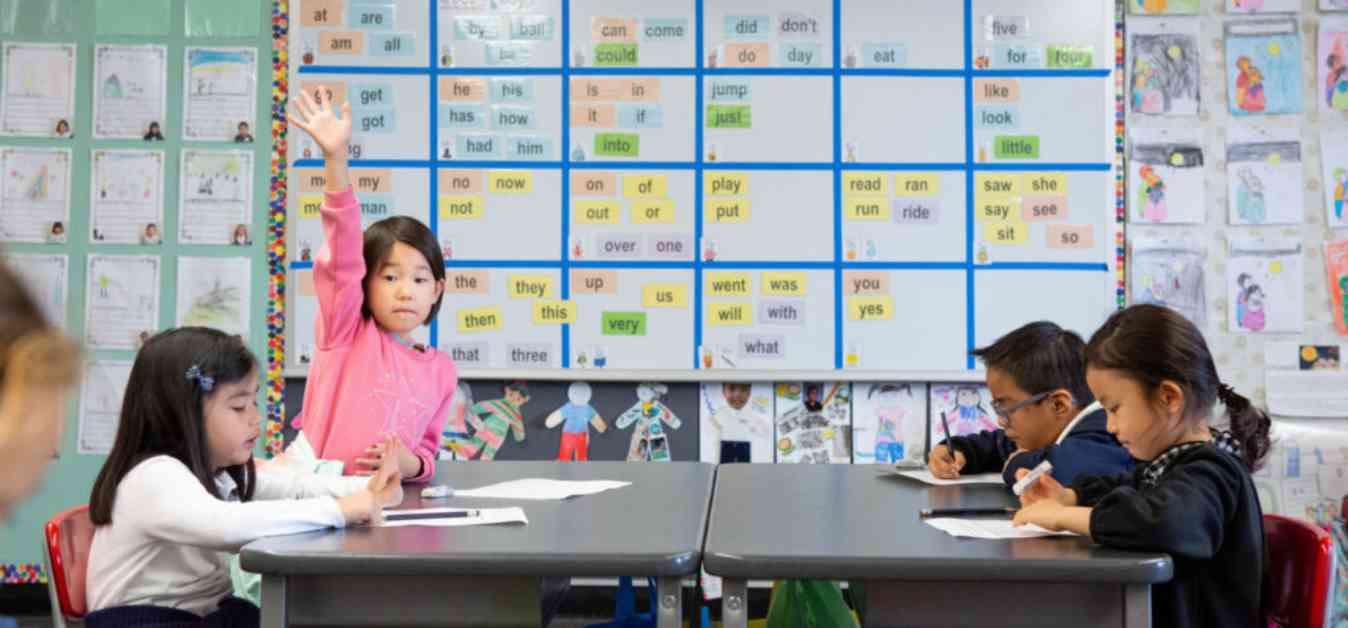Insights into Effective Teaching Methods
In the realm of education, the debate over the most effective teaching methods is ongoing and often contentious. However, a recent study sheds light on the impact of different approaches on student outcomes, providing valuable insights for educators and policymakers alike.
The study, conducted by a former first-grade teacher turned professor, delves into the world of kindergarten classrooms and the strategies employed by various teachers to promote early literacy skills. What began as a quest to instill a love for reading in young minds evolved into a deep exploration of the nuances of teaching practices and their impact on student learning.
Discoveries in the Classroom
The study uncovered surprising findings that challenged conventional wisdom about literacy instruction. Contrary to the prevailing belief that exposure to meaningful content is paramount for young readers, the research highlighted the importance of foundational skills such as phonics, decoding, and comprehension strategies.
Through a series of experiments involving custom-designed booklets and targeted instruction, the researcher observed firsthand the transformative power of explicit teaching methods in fostering reading proficiency among students. Witnessing the remarkable progress made by children under the guidance of skilled educators, the researcher was forced to reconsider long-held beliefs about the best practices in literacy education.
Lessons Learned and Applied
As the study progressed, the researcher found himself at a crossroads, torn between the allure of child-centered pedagogy and the evidence pointing towards systematic, structured approaches to reading instruction. Collaborating with a like-minded colleague, the researcher embarked on a journey of discovery, blending the best of both worlds to create a harmonious teaching environment that propelled students to new heights of achievement.
Through trial and error, the researcher and his teaching partner honed their craft, refining their methods to maximize student learning and engagement. By combining the art of storytelling with the science of phonics, they unlocked the potential of their young charges, guiding them towards a future filled with literacy and learning.
Implications for Education
In conclusion, the study offers a compelling narrative of growth, adaptation, and enlightenment in the field of early childhood education. By embracing the complexities of teaching and learning, the researcher and his colleagues have paved the way for a new era of evidence-based practices that prioritize student success above all else.
As educators across the globe grapple with the challenges of a rapidly evolving educational landscape, the insights gleaned from this study serve as a beacon of hope and inspiration. By embracing innovation, collaboration, and a willingness to challenge the status quo, teachers can transform the lives of their students and shape a brighter future for generations to come.




















